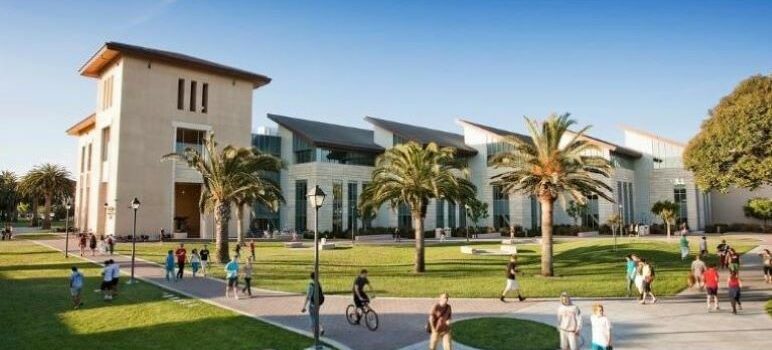State lawmakers are weighing whether to ban legacy admissions preferences at private colleges.
California could become the fourth state to ban legacy admissions preferences at private colleges and universities under a bill making its way through the State Legislature.
Many selective colleges have historically given to the children or grandchildren of alumni — who are much more likely to be white and wealthy than other applicants — an advantage in the admissions process. But the practice, never particularly popular with the public, has come under scrutiny since the U.S. Supreme Court ruled last year against affirmative action policies at colleges and universities.
After the court’s decision, some schools — including Occidental College in Los Angeles, Carnegie Mellon in Pittsburgh and Wesleyan University in Connecticut — decided to stop giving preference to legacy applicants.
Now, California lawmakers are considering AB 1780, a bill that would prohibit universities in the state from giving preferential treatment to applicants because of their family ties to donors or alumni.
Colorado and Virginia recently passed laws banning legacy admissions at public institutions of higher education. Maryland has done so at both public and private institutions. California’s public colleges and universities already give no preference to legacy candidates; the new bill would ban the practice at private institutions.
Phil Ting, who represents San Francisco’s 19th Assembly District, tried to push through a similar bill in 2019 after the Varsity Blues scandal, in which parents were found to have paid bribes and falsified their children’s credentials to win them spots in top-tier schools. His effort to ban legacy preferences fell short that time, but Ting did succeed in getting a provision passed that requires private colleges to report to the Legislature how many students they admit because of donor or alumni ties.
The reports showed that the practice was most widespread at Stanford and U.S.C., where 14 percent of students who were admitted in the fall of 2022 had legacy or donor connections — and at Santa Clara University, where 13 percent did.
With affirmative action banned in higher education, “it makes complete sense to now ensure that we don’t look at someone’s wealth or lineage with the university to decide whether to admit them,” said Ting. The bill “doesn’t ban admitting donors’ or alumni children,” he added. “It just ensures that there’s no preferential treatment.”
The new bill passed the Assembly last month. To become law, it must now be passed by the Senate by Aug. 31 and then be signed by Gov. Gavin Newsom.
Soumya Karlamangla is a reporter for California Today, published by The New York Times. Copyright 2024, The New York Times.

